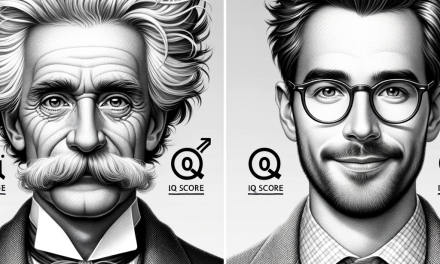Famous Quotes by Jordan Peterson and Their Impact
Jordan Peterson is a name that stirs both deep admiration and intense debate. The Canadian clinical psychologist and professor of psychology at the University of Toronto has gained worldwide recognition, not just for his academic work but also for his thought-provoking statements. His quotes have sparked intellectual discussion, inspired individuals seeking self-improvement, and generated much controversy. This post will delve into some of Jordan Peterson’s most famous quotes and their far-reaching impact on society.
“Compare yourself to who you were yesterday, not to who someone else is today.”
One of Peterson’s most celebrated quotes encourages self-reflection and personal growth. It’s a poignant reminder that our journey is unique, and comparing ourselves to others often leads to unnecessary stress and discontent. Instead, Peterson advises focusing on our progress, fostering a mindset that values self-improvement over competition.
This idea has resonated with countless individuals struggling with self-esteem and societal pressures. Schools, workplaces, and self-help circles frequently reference this quote as a foundation for personal development programs. The psychological implications are profound, as studies suggest that focusing on personal growth rather than social comparison can significantly boost mental well-being.
“You must determine where you are going in your life because you cannot get there unless you move in that direction.”
Peterson’s emphasis on goal-setting is a central theme in his lectures and writings. This quote underscores the importance of having a clear vision for one’s future. It’s not just about dreaming but also about taking actionable steps toward that dream, which has found considerable support in motivational psychology.
Research consistently shows that setting specific, attainable goals is linked to higher levels of achievement. People who internalize Peterson’s message often adopt a more structured approach to their personal and professional lives, setting milestones that lead to greater fulfillment and success.
“If you fulfill your daily obligations, you don’t need to worry about the future.”
This quote touches on a universal truth: the power of consistency and responsibility. Peterson posits that focusing on daily tasks and commitments effectively lays the groundwork for a secure and predictable future. The ripple effect of such discipline is enormous, providing a sense of control and reducing anxiety about what lies ahead.
Psychological studies support this claim, noting that consistent daily activities and fulfilling responsibilities contribute to long-term success and mental health. This philosophy has become especially relevant in modern times, offering guidance to those overwhelmed by the uncertainty and chaos of life’s broader picture.
“Tell the truth. Or, at least, don’t lie.”
Arguably one of Peterson’s most impactful quotes, this statement distills the essence of integrity. It’s a clarion call for honesty, not just with others but with oneself. According to Peterson, telling the truth forms the bedrock of a meaningful and authentic life, while lies erode the foundation of trust and reality.
The power of this quote lies in its simplicity and universality. By urging people to embrace honesty, Peterson touches on ethical living, a subject that has personally and socially profound implications. Research into moral psychology supports the idea that living truthfully contributes significantly to mental health and community trust.
Conclusion
Jordan Peterson’s famous quotes offer more than just words—they invite deep reflection and actionable change. By focusing on personal growth, goal setting, daily responsibilities, and honesty, his statements serve as guiding principles for a more fulfilling and authentic life. The impact of his quotes extends beyond individual improvement, fostering a culture that values integrity, persistence, and self-awareness.
If this exploration of Jordan Peterson’s words has stirred something within you, don’t stop here. Dive deeper into the related posts, share this article on social media, and continue the conversation. His insights have sparked a global dialogue, and your participation could shape the future of this discourse.










